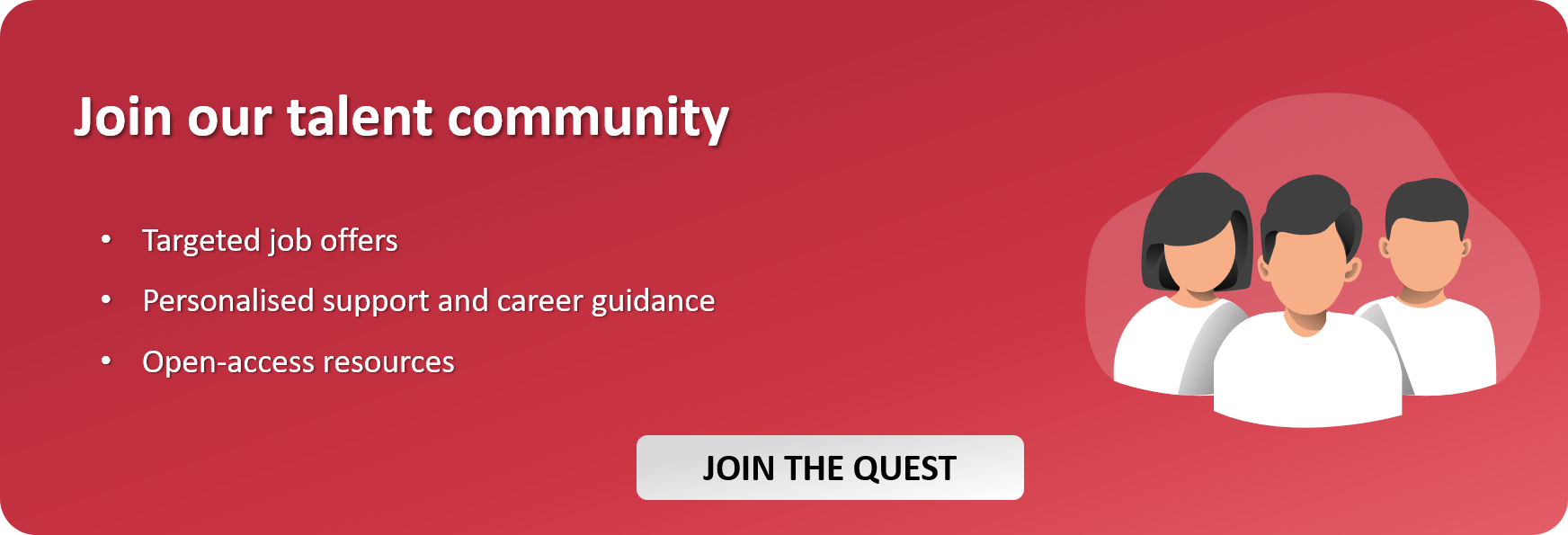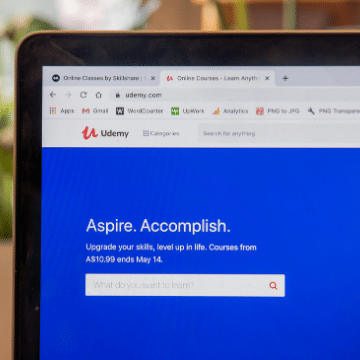Embracing continuing education is key to your professional development as a technology expert. And beyond what you can learn on your own or through experience, official certifications are a great way to validate your newly gained expertise in front of the industry. But what are the most popular IT certifications amongst employers?
Given how fast new technical roles are being created and traditional ones are branching out. This can be a quite daunting question to answer. In fact, as any seasoned IT specialist will tell you, there is no simple, straight answer to this problem. It all depends on what you need the certification for.
Here are some pointers to help you navigate the increasingly complex certifications ecosystem.
Find your next assignment on our freelance and permanent IT recruitment platform, or join Mindquest so you don’t miss out on any job opportunity!

General-purpose certifications

Often regarded as the first step towards pursuing a career in technology, general-purpose certifications are amongst the most popular IT certifications. From networking to repairs or system configuration; they touch on a broad variety of topics without getting into much depth in any of them. Not surprisingly they are frequently compared to a driving license. These certifications, such as CompTIA’s A+, are an effective way to learn the fundamentals of computing and establish a solid foundation for your career.
But they can also be helpful for more seasoned professionals who want to transition from a functional role to a more technical one. The growing need for Agile and Scrum methodologies, which tend to encompass a more generalist set of skills. Is another example of how general-purpose diplomas can help advance your career.
Role-specific certifications

However, as it happens with most things in our society; the most popular IT certificates tend to favour specialisation rather than a holistic approach. Role-based educational programs have gained so much popularity in recent years. That industry giants like Microsoft have rebuilt their entire training catalogues to accommodate the various career paths within their ecosystem.
Specialised certifications are most often divided by level of experience. That makes them a great resource for specialists seeking to advance their career from the associate-level to other; more senior positions within their speciality.
The most in-demand specialist certifications

☁️Cloud and security badges
Some of the fastest-growing role-based certifications are those that have to do with the cloud. Digital transformation is accentuating the talent gap for cloud skills, and official certifications can help bridge it. The most popular certifications within this ecosystem include the AWS Certified Solutions Architect diploma and the Microsoft Azure Solutions Architect badge.
Virtually the same thing is happening with security certifications. The sweet spot lies where the two fields meet. Getting certified in cloud security is certainly a winning proposition when it comes to employability and salary expectations.
🛠️ERP and CRM training
Another area in which role-centric certifications tend to deliver a solid return on investment is that of enterprise resource planning (ERP) and customer relationship management (CRM) software. With even more adoption than cloud, most medium-to-large-sized businesses today employ these systems to coordinate operations across departments and keep track of clients and sales.
Whether it is in finance or supply chain management, companies need experts who can set up the environment and maintain it. Getting SAP certified, for example, will open the doors for you to thousands of lucrative and exciting career opportunities.
Need advice on how to start or develop your freelance consulting business in tech or IT? Need to start a new permanent or freelance assignment? Join Mindquest and get support from our team of experts.















